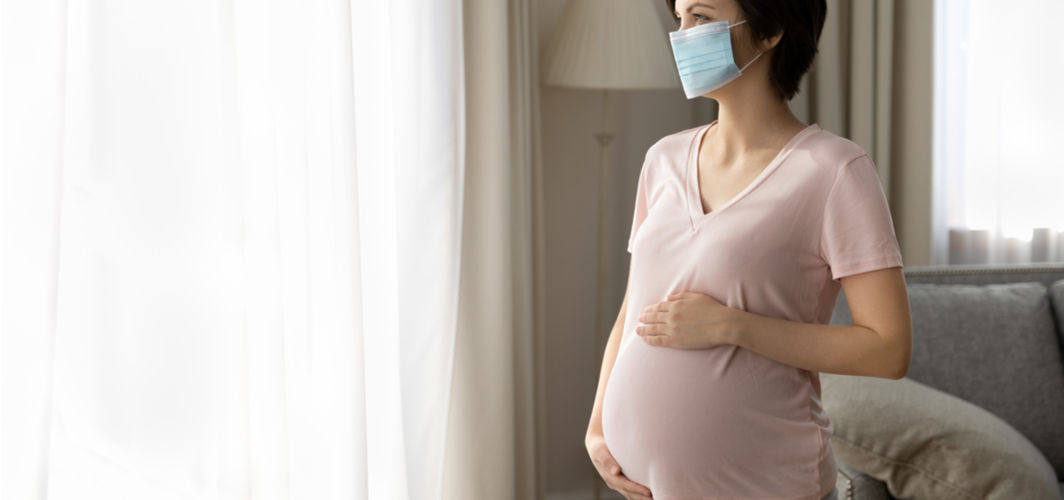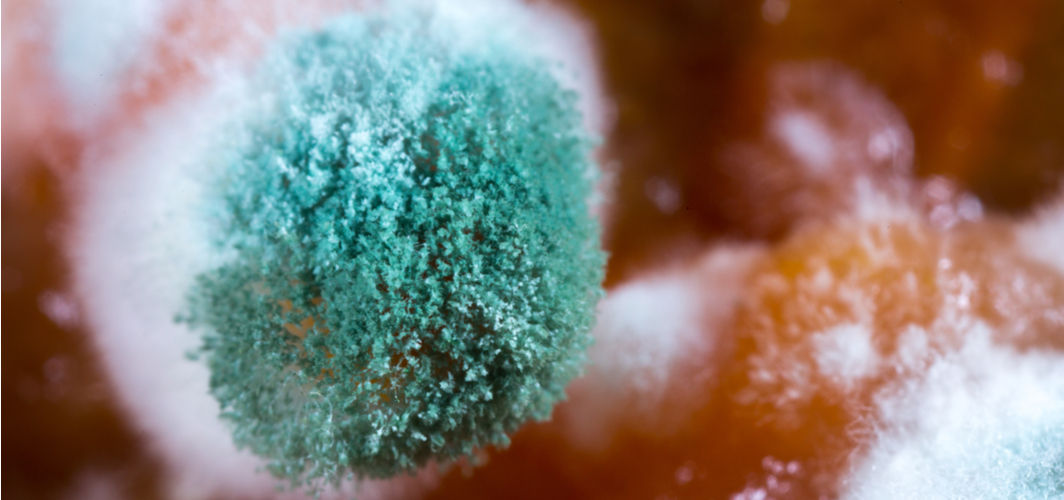As businesses reopen, and offices and restaurants start functioning, many of us are getting back to work and resuming our regular life gradually. However, considering the rising Coronavirus cases in several parts of the country, it is quite normal to feel worried about contracting the infection. Besides, many frontline workers expose themselves to Coronavirus every day and are concerned about transferring the virus to their co-workers, families, and friends despite adhering to the necessary safety measures.There appears to be some confusion around whether the novel Coronavirus can spread through outdoor objects such as clothes, shoes, and bags. Let us look at some of these in this article.
Can Coronavirus spread through shoes?
According to the Centers for Disease Control and Prevention (CDC), the most common way for the Coronavirus to spread is by coming in close contact with someone who is already infected (both symptomatic and asymptomatic). The chances of Coronavirus spreading through the shoes and infecting people are very minimal. However, a study conducted by the CDC at Wuhan Hospitals suggests that the Coronavirus can stay and survive on shoe soles of healthcare workers. This referenced study at Wuhan Hospitals examined only the shoes of the medical staff who were treating Coronavirus infected patients and did not mention the likelihood of detecting Coronavirus on shoes worn by the general public. Despite the limited information available about whether Coronavirus can survive on shoes, the World Health Organization (WHO) recommends that you leave your shoes at the entrance of your house. This way you can avoid carrying other germs and dirt from outside to the inside of your house that could be harmful if you have infants and kids. In addition, do not forget to wash your hands with soap and water after handling your shoes. It is also important to clean and disinfect your shoes regularly to minimize your risk of infection.
How to clean and disinfect your shoes and soles?
Before cleaning and disinfecting your shoes, ensure that you first get rid of the grime and dust from your shoe soles and exterior surfaces using tissues or disposable wet wipes. Wear gloves and spray aerosol-disinfectant or leather cleaners on your shoes, depending on your shoe material. Leave your shoes to dry for some hours at room temperature before wearing them again. Avoid touching your face, eyes, and nose while handling, cleaning, and disinfecting shoes. Discard your used gloves in the designated bin. If you want to visit the grocery store or go to work, pick only one pair of shoes for going out and leave them at your doorway once you come back.
Can Coronavirus spread through clothes?
Studies conducted earlier suggest that Coronavirus can stay and survive on plastic surfaces, cardboards, doorknobs, tissues, and stainless steel-anywhere from a few hours to a few days. However, there are no documented reports of transmission of the Coronavirus via clothing. While healthcare organizations like the WHO and CDC are still researching how long Coronavirus stays on various surfaces, it is a good practice to launder your clothes after coming home.
How to wash and disinfect your clothes?
You can wash your clothes in your washing machine using standard laundry detergents when you come home from outside. However, take these extra precautions suggested by the CDC while handling clothes or linens of someone who has been infected by the Coronavirus.
- Wear gloves and masks while handling the laundry of a sick individual. Sanitize your hands with alcohol-based sanitizer or wash with soap and water.
- Avoid shaking the dirty laundry to lower the chances of dispersing germs and viruses through the air.
- Try laundering clothes using your washing machine's warmest water setting, whenever possible.
- Avoid littering and discard your gloves carefully.
Can Coronavirus spread through reusable bags?
Some grocery shops prohibit customers from getting their reusable shopping bags during this pandemic. This measure has been taken to avoid the risk of contamination of the virus since many people handle these bags in different conditions; some could even be the carrier of Coronavirus. However, both the CDC and WHO have revealed that there is no evidence to prove the spread of Coronavirus through reusable bags. So far, the best known way to mitigate the spread of COVID-19 is by cleaning and disinfecting everything after coming home from outside. Make sure you wash your hands after you have finished segregating all your groceries.
How to wash reusable bags?
Wash your bags with a mild detergent. Alternatively, you can use disinfecting wipes. Insulated polyester fiber or nylon bags should be cleaned with antibacterial or disinfecting wipes. Avoid using harsh soaps on woven reusable bags. Most reusable cotton and jute shopping bags are machine-washable, but you should see the care label beforehand. After washing, make sure you dry the bags at room temperature before using it again. It is always a good practice to use separate bags for raw meats, seafood, cereals and vegetables/fruits. Conclusion
As scientists all over the world research how Coronavirus spreads on different surfaces, it might take a while to get concrete answers about the possible transmitting mediums. In the meantime, it is important to practice social distancing while you are outside, wear masks and wash hands often. Stay at home as much as possible and go out only if it is necessary, and follow the recommendations discussed in this article to reduce your risk of infection through shoes, clothes, and bags. If you have any questions on the Coronavirus, you can:
Consult a COVID-19 Expert
If you need some recommendations for mask and gloves, here are our top picks:







